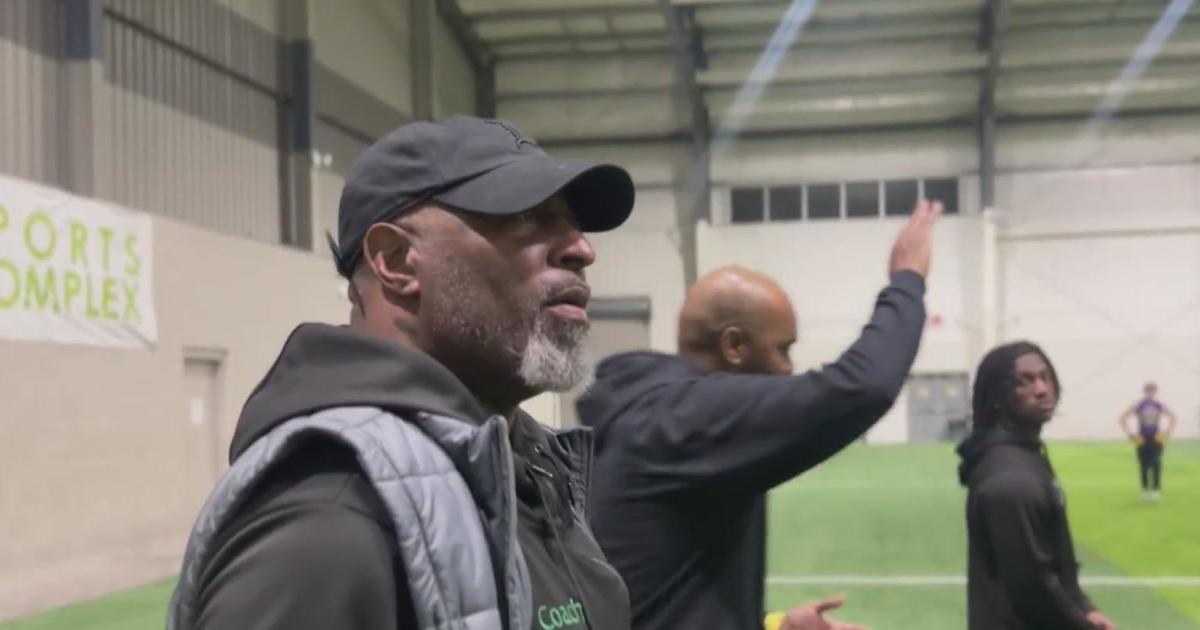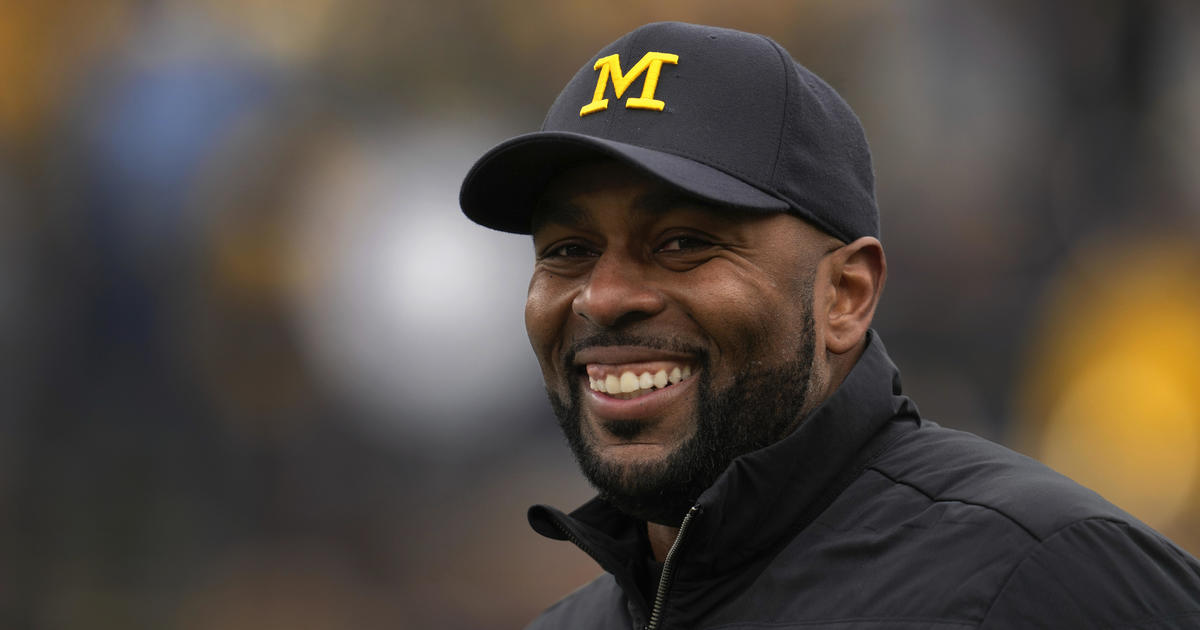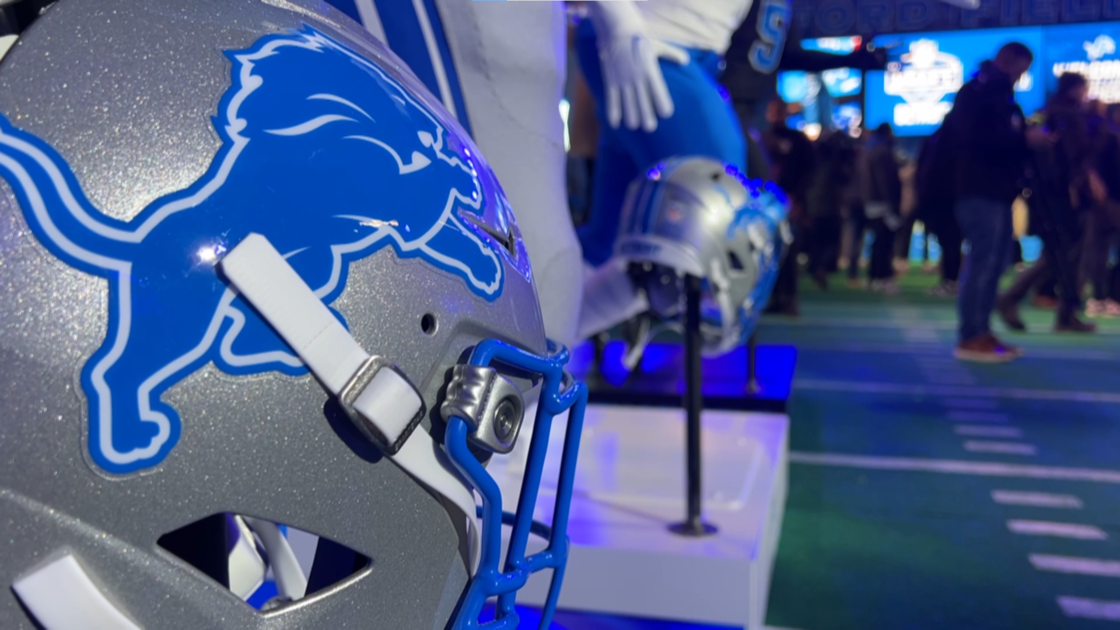NCAA Board Starts Discussing Governance Changes
MICHAEL MAROT,AP Sports Writer
The NCAA spent Thursday working on a redesigned governance structure.
It will take a lot more time to get it right.
With college football's most powerful conference commissioners calling for an overhaul, the board of directors and executive committees started discussing a major overhaul to how the NCAA works. Neither board chairman Nathan Hatch nor executive committee chairwoman Lou Anna Simon offered specifics.
Thursday's meetings officially kicked off the debate that is likely take at least another year. NCAA President Mark Emmert has already invited campus leaders to a two-day sit-down at January's national convention.
"We worked very closely with the national office, with Mark's leadership role to learn about the processes," Simon said. "There is a commitment for real change. We know it's going to be very hard work. We are going to play an active role and we are excited to take on that responsibility."
Simon, the Michigan State president, described the discussion as "animated" and "dynamic."
Hatch, the president at Wake Forest, was far more reserved but did acknowledge he committee hopes to have a formal proposal ready to be voted on next August.
"There is no doubt this is an ambitious timeline," he said. "But it's about our commitment to best govern Division I college sports in a way that benefits our athletes in the classroom and on the field."
The repeated calls for change are one more issue Emmert and those inside the Indianapolis-based headquarters have dealt with in an already turbulent year.
In January, Emmert announced that a rogue enforcement official improperly obtained evidence during an investigation into the University of Miami. A month later, after an external investigation concluded that the NCAA violated its own policies, committee members announced they were giving Emmert a vote of confidence — a rare move.
Not much has gone right since then, either. There are two court cases pending, each of which could cost the NCAA millions, and a couple of weeks ago, the conference commissioner started lobbying publicly for the governance changes.
Last week, word leaked the NCAA was now investigating Heisman Trophy-winner Johnny Manziel for allegedly receiving money for autographs — something the NCAA declines to confirm. If proven, it would be a violation of NCAA rules and could jeopardize Manziel's remaining college eligibility at Texas A&M.
On Wednesday, the NCAA was stung with another embarrassing fiasco when USA Today reported that jerseys and other memorabilia items could be purchased on the NCAA's own web site if buyers used specific names, such as Manziel, in the search tool. Emmert said Thursday that the NCAA would be out of that business as soon as possible.
So with all of that looming over headquarters, it was no wonder Simon was asked whether Emmert's job was still safe.
"Mark is an integral part of our process to move forward to strengthen the NCAA and college sports," Simon said, referring to changes in the governance structure.
How the process plays out is still up for debate.
Some believe the big-budget schools, which were prevented from offering athletes an additional $2,000 beyond what their scholarship covers by an override petition from schools with less money, will try to start a super-division. The problem with that, of course, is figuring out how to integrate all the other current Division I schools into the NCAA's most successful and profitable event — the men's basketball tournament.
One thing that everyone does seem to agree, though, is that this debate must be more inclusive.
"There have got to be more people at the table early in the discussions, both the campus voice of faculty athletic reps and the senior athletic administrators because those are two groups that need to be represented," Nebraska law professor and former infractions committee chairwoman Jo Potuto said. "I think whatever is coming has got to have a substantial voice from the athletic directors and the faculty reps, and we have to have a way to articulate that policy."
But the overarching goal remains getting it right.
"We have many different segments that are frustrated with the current environment," Emmert told The Associated Press last week. "It needs to be done with some speed, but you've got to have some voices in it. You've got to find ways to reach out, get a lot of opinions and get people together."
In other business, the board formally approved the move of three schools to the Football Bowl Subdivision — Massachusetts, South Alabama and Texas State. UMass and South Alabama still must show that they can meet the attendance requirement by showing they average 15,000 in actual attendance on a rolling two-year basis. If the requirement is not met, they will receive a notice of noncompliance and enter a 10-year probationary period.
The board also approved applications for the men's National Collegiate Hockey Conference and the Golden Coast Conference in women's water polo. Those moves immediately take effect.
Conference USA Commissioner Britton Banowsky was reappointed to chair the Division I infractions committee. Notre Dame senior deputy athletic director Melissa Conboy will be the vice chair.
(© Copyright 2013 The Associated Press. All Rights Reserved. This material may not be published, broadcast, rewritten or redistributed.)



